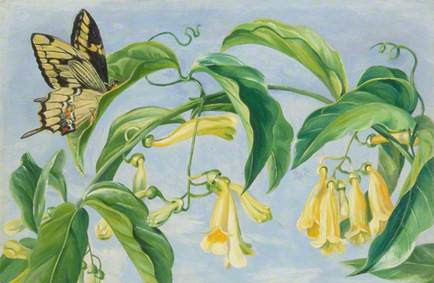Emil M. Cioran? W. H. Auden? Louis Kronenberger? Richard Howard? Apocryphal?

Question for Quote Investigator: Humans experience many tragedies, but contemplating the extreme hardships faced by other creatures provides a sobering perspective. The Romanian and French literary figure Emil M. Cioran said something like the following:
What would be left of our tragedies if an insect were to present us his?
Would you please help me to find a citation:
Reply from Quote Investigator: In 1952 Emil M. Cioran published “Syllogismes de l’amertume”. The title of this French book has been translated into English as “All Gall Is Divided” although a more direct rendering is “Syllogisms of Bitterness”. The following passage is from the 2013 Kindle edition:1
Quand Eschyle ou Tacite vous semblent trop tièdes, ouvrez une Vie des Insectes – révélation de rage et d’inutilité, enfer qui, heureusement pour nous, n’aura ni dramaturge ni chroniqueur. Que resterait-il de nos tragédies si une bestiole lettrée nous présentait les siennes?
Richard Howard formulated the following translation:2
When Aeschylus or Tacitus seems tepid, open a Life of the Insects — a revelation of rage and futility, an inferno which, fortunately for us, will have neither a playwright nor a chronicler. What would remain of our tragedies if a literate bug were to offer us his?
Below are additional selected citations in chronological order.
In 1962 “The Viking Book of Aphorisms: A Personal Selection” compiled by W. H. Auden and Louis Kronenberger included this instance:3
What would be left of our tragedies if a literate insect were to present us his? CIORAN
In 1970 a columnist of “The Globe and Mail” in Toronto, Canada published a collection of sayings sent to him by readers. These two items without attributions were listed first:4
What would be left of our tragedies if a literate insect were to tell us of his?
A mother takes 20 years to make a man of her boy, and another woman makes a fool of him in 20 minutes.
In 1993 the “21st Century Dictionary of Quotations” included the following three items under tragedy:5
Only a great mind overthrown yields tragedy. —Jacques Barzun
What would be left of our tragedies if a literate insect were to present us his? —E. M. Cioran
I always thought it mattered, to know what is the worst possible thing that can happen to you, to know how you can avoid it, to not be drawn by the magic of the unspeakable. —Amy Tan
In conclusion, Emil M. Cioran deserves credit for the passage he wrote in “Syllogismes de l’amertume” in 1952. A few different translations into English have appeared during subsequent years.
Image Notes: Painting of “Yellow Bignonia and Swallow-Tail Butterflies with a View of Congonhas, Brazil” by Marianne North who died in 1890. Image has been cropped and resized.
Acknowledgement: Great thanks to Harry Siegel whose inquiry led QI to formulate this question and perform this exploration.
Update History: On March 26, 2025 the format of the bibliographical notes was updated.
- 2013 (1952 Copyright), Title: Cioran: Syllogismes de l’amertume (Syllogisms of Bitterness or All Gall Is Divided), Author: E. M. Cioran (Emil Mihai Cioran), Section: Aux sources de vide (Where the Void Begins), Location: “Insectes” is located at 1227 of 1434, Publisher: Édition Électronique, Éditions Gallimard, Paris, France. (Kindle Edition) ↩︎
- 2012, All Gall Is Divided: The Aphorisms of a Legendary Iconoclast by E. M. Cioran, Translated by Richard Howard, Section: Where the Void Begins, Unnumbered Page, Arcade Publishing, New York. (Verified with ebook) ↩︎
- 1962, The Viking Book of Aphorisms: A Personal Selection, Compiled by W. H. Auden (Wystan Hugh Auden) and Louis Kronenberger, Topic: Writers and Readers, Quote Page 281, (Second Printing February 1963) Published by Viking Press New York. (Verified on paper) ↩︎
- 1970 January 31, The Globe and Mail, There is no wealth but life by Richard J. Needham, Quote Page 6, Column 4, Toronto, Ontario, Canada. (ProQuest) ↩︎
- 1993, 21st Century Dictionary of Quotations, Edited by The Princeton Language Institute, Topic: Tragedy, Quote Page 442, The Philip Lief Group, Dell Publishing: A Division of Bantam Doubleday Dell Publishing Group, New York. (Verified with scans) ↩︎